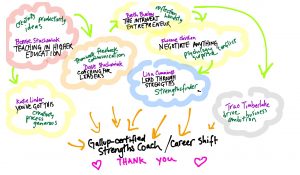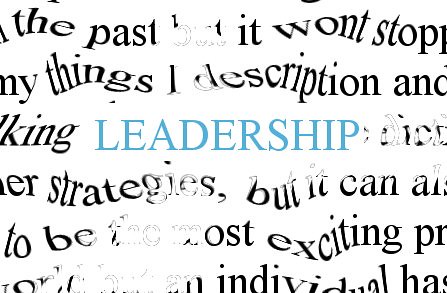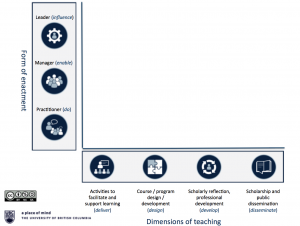At a recent meeting about the evaluation of teaching, a faculty member bravely disclosed: “I don’t read my student evaluations of teaching”.
I held my breath as I gauged the reaction of the other committee members, all of whom were in positions of authority/power in their department, faculties, or schools when it came to the evaluation of teaching.
“The ratings and comments,” she continued “do not help me improve my students’ learning.” She described her experience of having read previous evaluations as distressing and confusing. This was not a case of an uncaring, uncommitted instructor. This was a situation of intentional self-care.
At about this time of the year, instructors at the University of British Columbia (UBC) receive the results of their online student evaluations of teaching (SEoT). As someone who works in the field of enhancing teaching and learning, I encourage instructors to review the students’ ratings and comments. I will continue to do so but I hold a sincere recognition of how anxiety-producing it can be for instructors (those who have received strong ratings in the past and those who haven’t).
In my role as an educational developer, I have a deep concern for faculty member wellness. And while I am delighted by all the attention being put to student wellness, I think there needs to be the same attention put to the health and well-being of faculty members. With that in mind, and tying back to the issue of student evaluations of teaching, below are a few suggestions for alleviating the stress associated with reading one’s evaluations.
If you are feeling stressed about reading your SEoT, here are some suggestions for things to do before you read the results:
- ask a trusted friend or educational developer from your teaching and learning centre to read your SEoTs before you do and summarize the results
- “pick a good time to do so, when you will have enough time to digest at least some of the information, have privacy, and can give yourself some mental ‘space’ to analyze the information.” (Vanderbilt Center for Teaching)
- “have a glass of wine” (suggested by my colleague)
- do something that typically makes you feel good (i.e., exercise, listening to an upbeat song, etc)
This Chronicle article and the Vanderbilt Center for Teaching have helpful suggestions for things you can do after you read your results.
I would love to hear from you on ways you prepare, ahead of time, to read and process your SEoT results. Please leave your comments below.
Photo credit: Jurgen Appelo Flickr https ://flic.kr/p/8VBCoV





